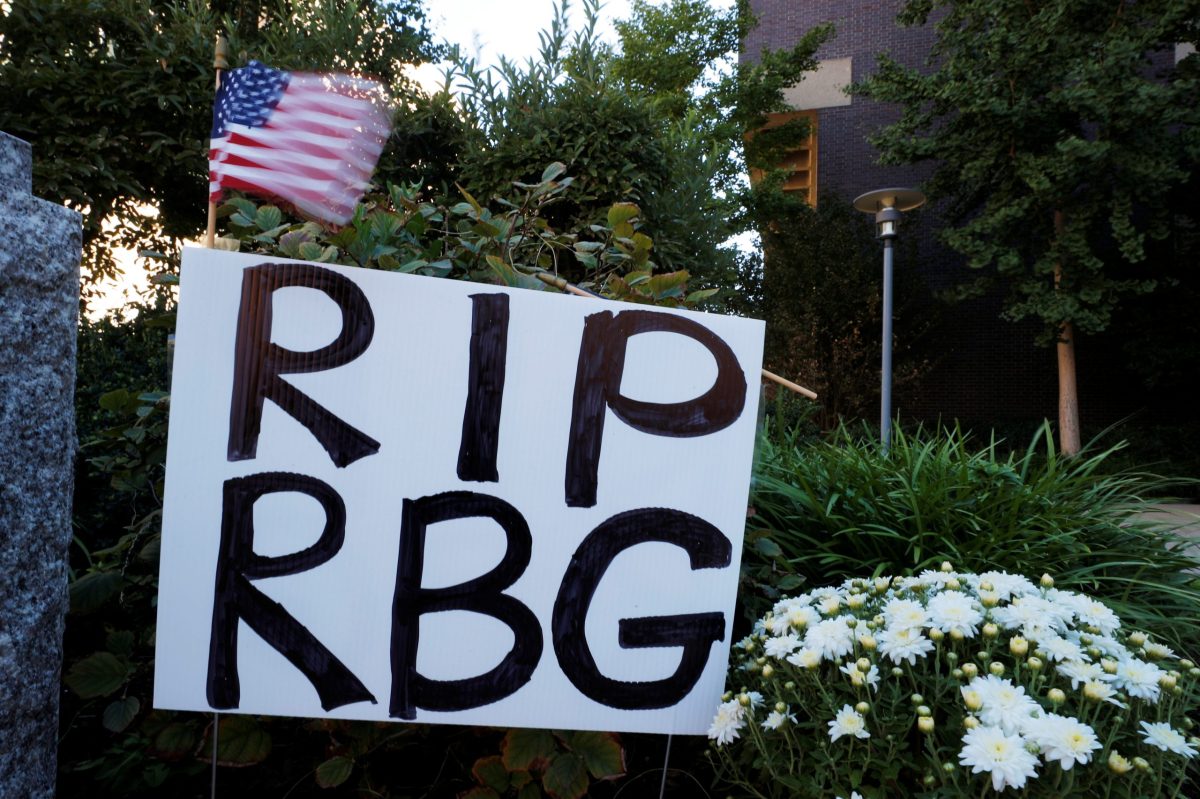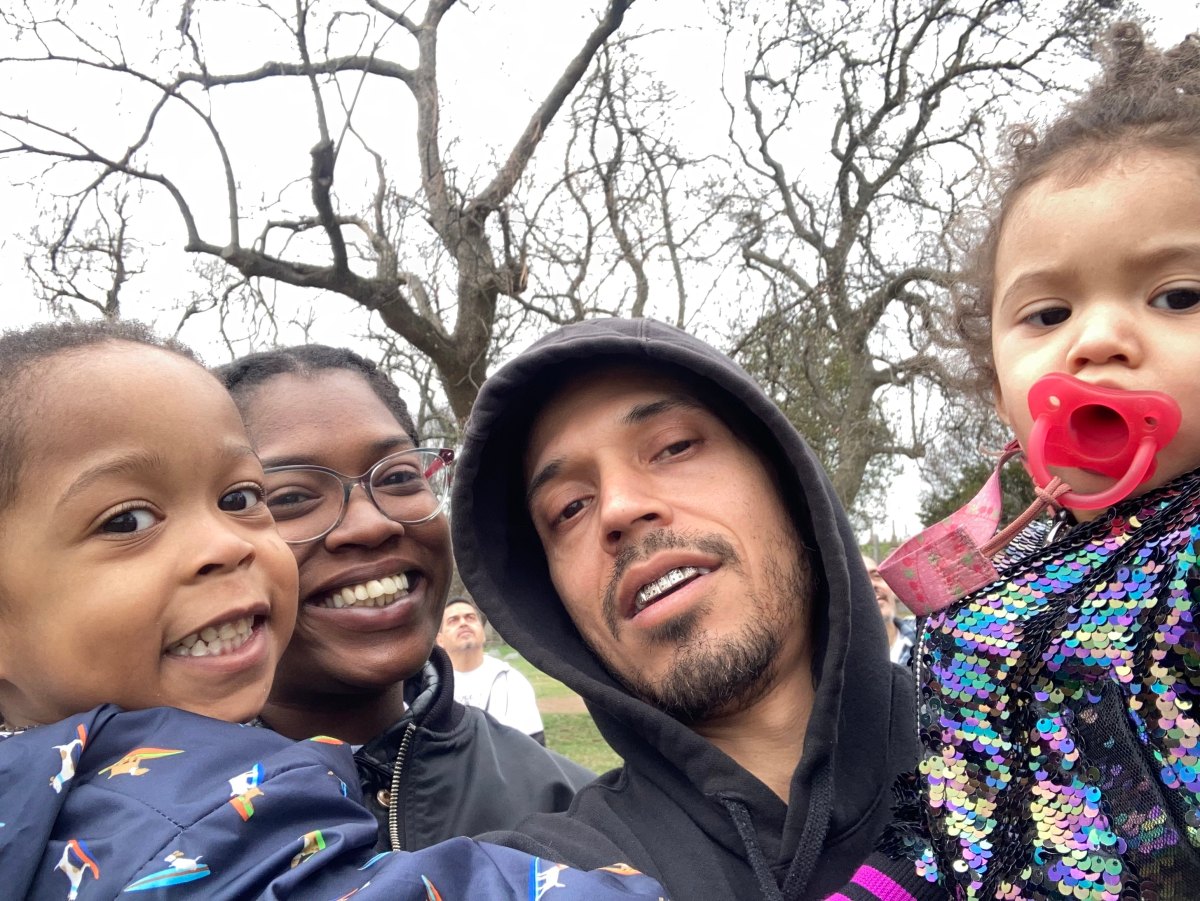BY ANDREA SHALAL, RICHARD COWAN AND ALEXANDER ALPER
Just as many Jews in the United States were sitting down to a post-sunset Rosh Hashanah dinner on Friday, preparing to dip apples in honey to signal the sweetness of the year to come, news came of Ruth Bader Ginsburg’s death.
Ginsburg, the first female Jewish member of the U.S. Supreme Court, died on one of the holiest days in Judaism, as many of the country’s nearly six million Jews welcomed the new year 5781, based on the Hebrew calendar.
Ginsburg was raised in a secular household, but explained in 2018 that her religious background influenced her life’s work: “I am a judge, born, raised and proud of being a Jew. The demand for justice, for peace and for enlightenment runs through the entirety of Jewish history and Jewish tradition.”
News of her death traveled quickly via social media, and became a focal point in many New Year’s services, religious leaders and observant Jews said.
“I heard of Ruth’s death while I was reciting the Mourner’s Kaddish at the Rosh Hashanah service,” fellow Supreme Court Justice Stephen G. Breyer said in a statement, referring to a prayer in memory of the dead.
Ginsburg was “a great Justice, a woman of valor, a rock of righteousness, and my good, good friend,” the statement said. “The world is a better place for her having lived in it.”
Her death on the eve of Rosh Hashanah also has significance in Jewish tradition, rabbis and friends said. “One of the themes of Rosh Hashanah suggest that very righteous people would die at the very end of the year because they were needed until the very end,” said Rabbi Rick Jacobs, president of the Union for Reform Judaism.
Those who die on the new year holiday are considered tzadik, a title given to the righteous and saintly.
“God has held back until the last moment bc they were needed most & were the most righteous,” National Public Radio journalist Nina Totenberg, a close friend of Ginsburg, wrote on Twitter.
Ginsburg, born in 1933 – the year of the Kristallnacht pogrom against Jews in Germany – said her life’s work was shaped by the Holocaust. “It makes you more empathetic to other people who are not insiders, who are outsiders,” she said in an interview in 2018.
Jacobs also noted Ginsburg was named for the biblical Ruth, the grandmother of the Jewish king David, and the person through whom redemption is supposed to come.
“I like to think of our Ruth, Ruth Bader Ginsburg, in terms of the generation to come that will carry on her legacy and do what she did – which is to repair many of the injustices of our world,” he said.
“All of us are her descendants and we must carry on the challenging work of fighting for justice.”


















